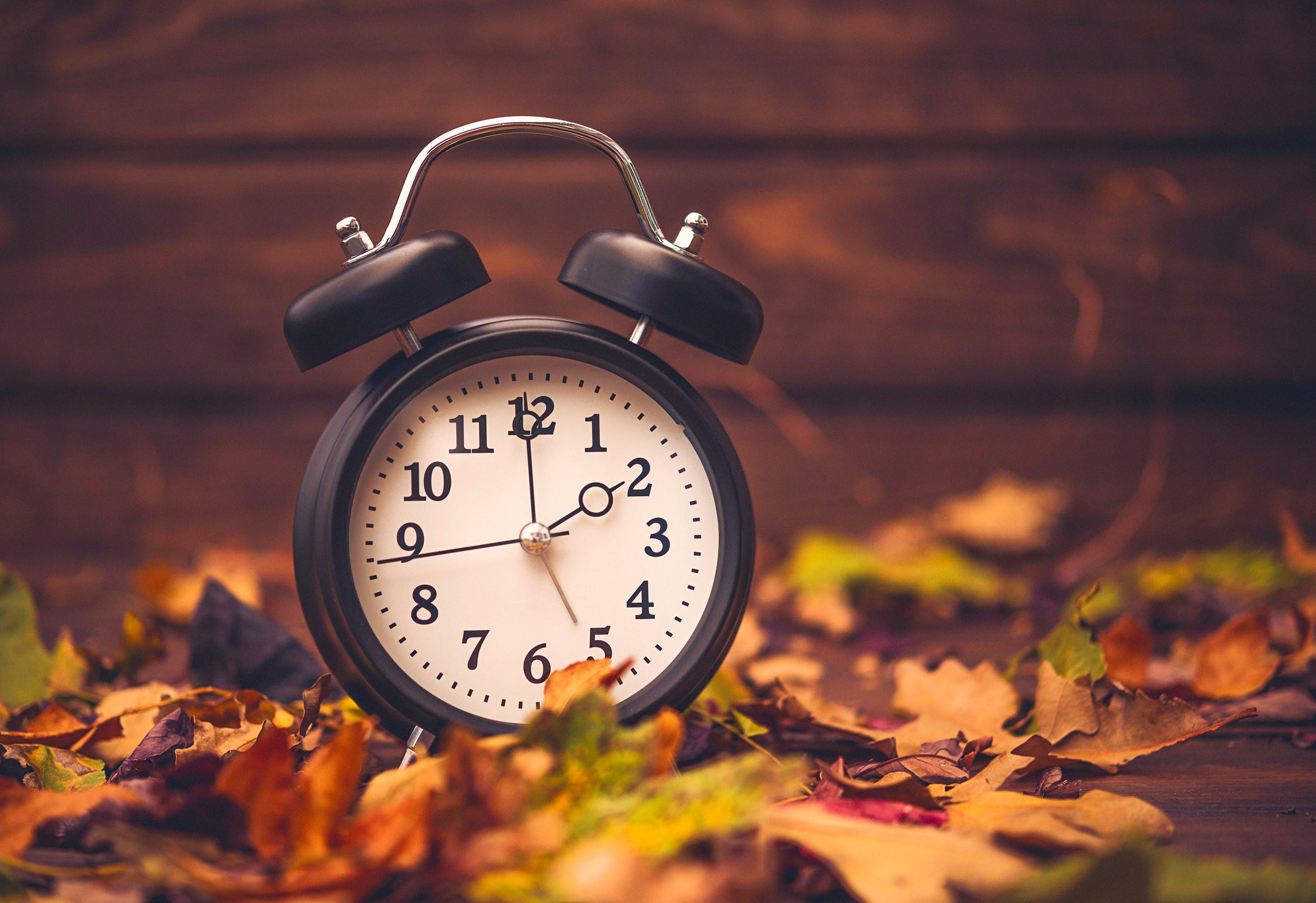Expert says daylight savings time is unhealthy for you: ‘Harms are proven’
‘It’s sort of like having a little bit of jet lag twice a year,’ says Dr Jennifer Martin

Your support helps us to tell the story
From reproductive rights to climate change to Big Tech, The Independent is on the ground when the story is developing. Whether it's investigating the financials of Elon Musk's pro-Trump PAC or producing our latest documentary, 'The A Word', which shines a light on the American women fighting for reproductive rights, we know how important it is to parse out the facts from the messaging.
At such a critical moment in US history, we need reporters on the ground. Your donation allows us to keep sending journalists to speak to both sides of the story.
The Independent is trusted by Americans across the entire political spectrum. And unlike many other quality news outlets, we choose not to lock Americans out of our reporting and analysis with paywalls. We believe quality journalism should be available to everyone, paid for by those who can afford it.
Your support makes all the difference.As you prepare your clocks for the end of daylight savings time this weekend, one expert wants you to know that the whole practice is pretty unhealthy.
Daylight savings time is ending on Sunday 6 Nov and will involve the clocks turning back one hour. While one hour may not seem like a lot, Dr Jennifer Martin, president of the American Academy of Sleep Medicine, told USA Today this week that “the biggest problem is our internal clock doesn’t know it’s time to wake up.”
Dr Martin even called the benefits of daylight savings time “theoretical” and “the harms are proven.”
Daylight savings time purportedly sees the crime rate drop, “minimizes energy consumption,” “lowers the incidence of traffic accidents,” and more according to American Home Shield, but there’s been much opposition to it in recent years.
A March Senate vote to put a stop to the twice-annual changing of clocks, making daylight savings permanent, has since stalled.
Representative Frank Pallone, who chairs the Energy and Commerce Committee handling the issue, said in a statement to Reuters this week that “we haven’t been able to find consensus in the House on this yet. There are a broad variety of opinions about whether to keep the status quo, to move to a permanent time, and if so, what time that should be.”
Dr Martin says the issue with daylight savings time is bigger in the spring, when clocks move one hour ahead and you “lose” an hour.
“Most of us feel the disruption in the spring when we lose an hour of the nighttime – but even in the fall as we’re switching back, some people have a hard time adjusting,” Dr Martin told USA Today. “It’s sort of like having a little bit of jet lag twice a year.”
In the fall, she cites that “the highest risk, of course, will be in the northern states – where, in some metropolitan areas, sunrise won’t occur until 9:30 in the morning or later... We think about students going to school (in the dark).”
Dr Shea Golding, a sleep psychologist from Corewell Health, offered advice on how best to handle daylight savings time to local news in Michigan. The doctor’s suggestion is that people should go to bed an hour later on Saturday night.
“You could theoretically try to stay up like 30 minutes,” Dr Golding said. “I think one of the more prominent things to talk about, especially this time of year, is that if we are not adequately rested, our immune system takes a hit. So, we’re not gonna fight off illnesses as well.”
Join our commenting forum
Join thought-provoking conversations, follow other Independent readers and see their replies
Comments